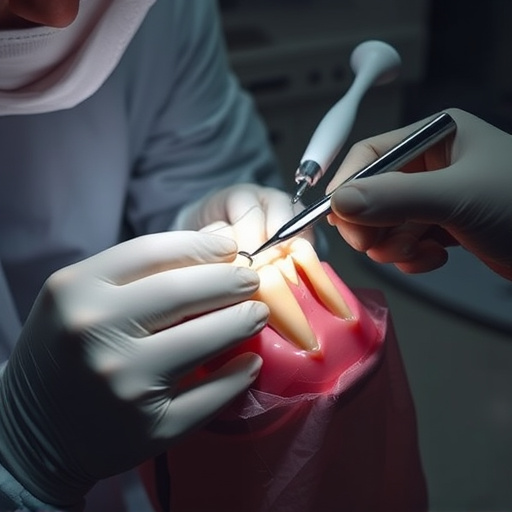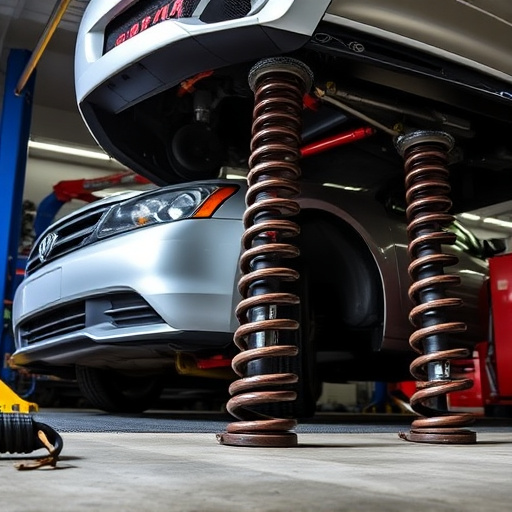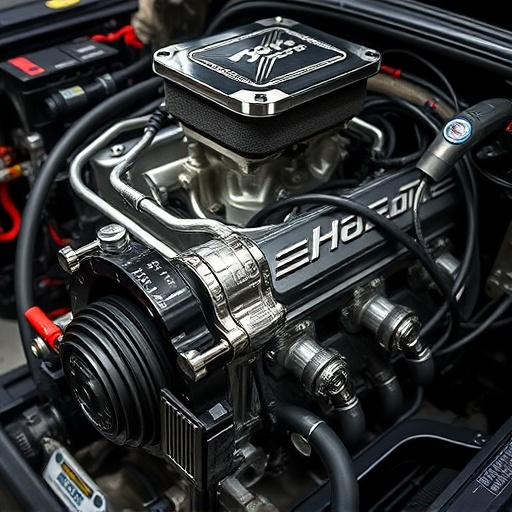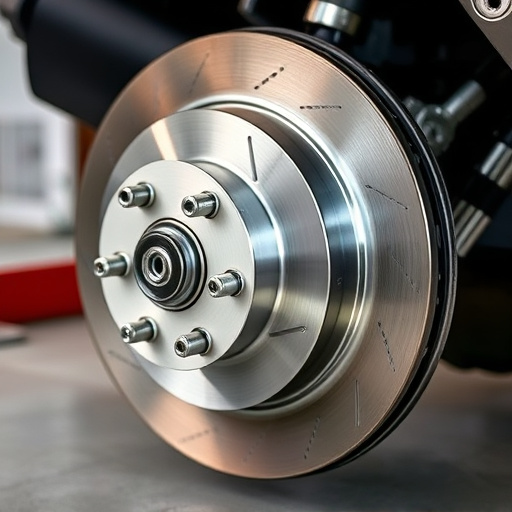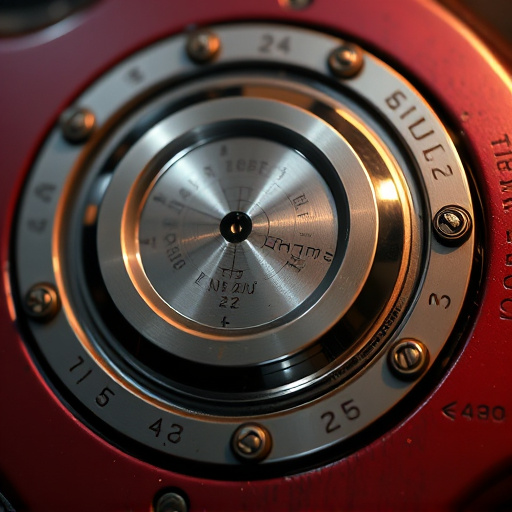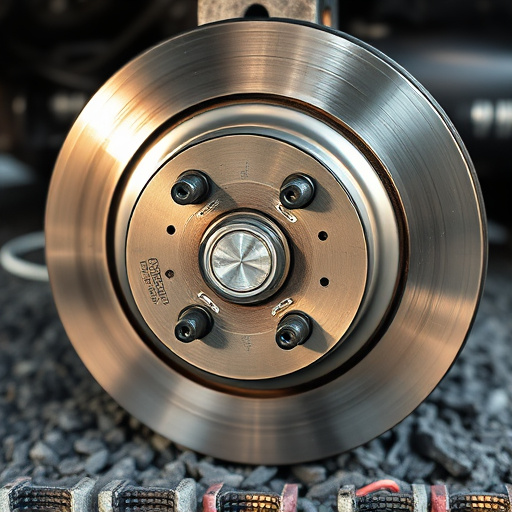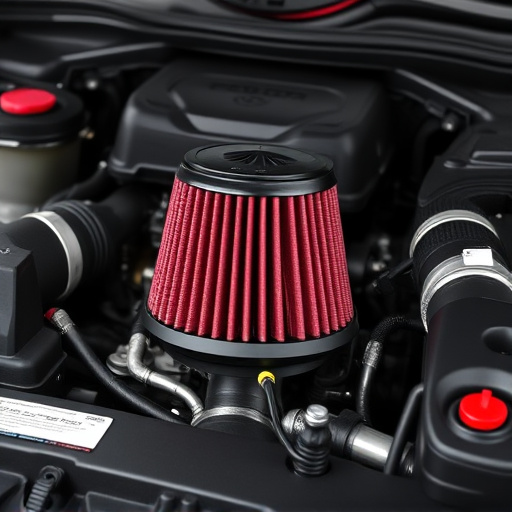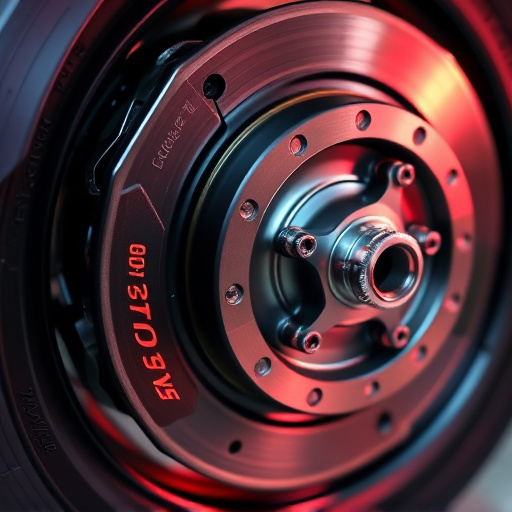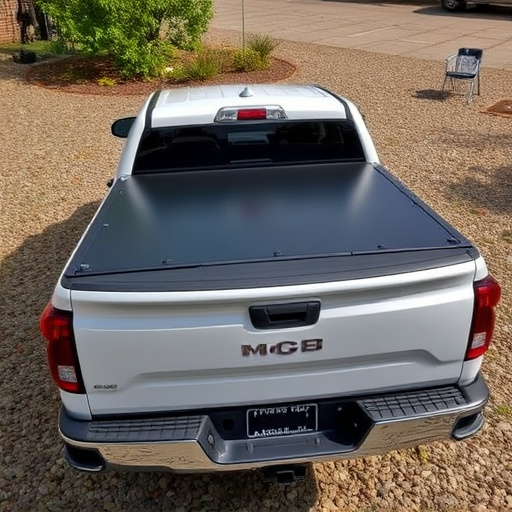Universal catalytic converters offer affordability and compatibility for replacing old exhaust systems, but may not provide tailored performance. OEM (Original Equipment Manufacturer) converters ensure precise fitment, optimal efficiency, improved gas mileage, and enhanced overall vehicle health, though they are more expensive. The choice between universal and OEM depends on prioritizing fit, quality, and desired performance enhancements.
When it comes to vehicle emissions control, the choice between universal catalytic converters and OEM (Original Equipment Manufacturer) parts is crucial. This article delves into these two options, offering a comprehensive guide for car owners. Understanding the distinctions between universal converters, designed for broad compatibility, and OEM parts, identical to factory-fitted components, is essential for informed decisions. By exploring key differences and considerations, drivers can make choices tailored to their needs, ensuring optimal vehicle performance and environmental compliance.
- Understanding Universal Catalytic Converters
- Exploring Original Equipment Manufacturer (OEM) Parts
- Key Differences and Considerations
Understanding Universal Catalytic Converters
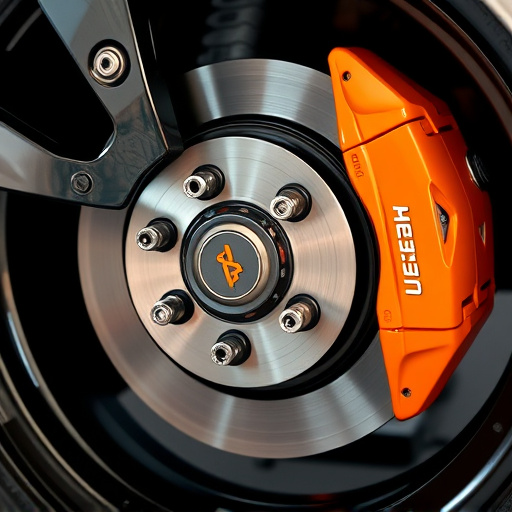
Universal catalytic converters are designed to fit a wide range of vehicles, making them a popular choice for those looking to replace their old or damaged cat back exhaust systems. These converters are versatile and often come as performance air filters or part of a complete aftermarket exhaust system. They offer an affordable option for vehicle owners who want to improve their car’s emissions control while enhancing overall performance.
Unlike OEM (Original Equipment Manufacturer) parts, which are specifically designed for a particular make and model, universal catalytic converters can be adapted to fit various vehicles. While they may not provide the exact same level of precision in terms of fitment as OEM parts, they still play a crucial role in reducing harmful emissions and improving engine performance. Universal cats are often more accessible and cost-effective, making them an attractive option for those seeking an easy upgrade without breaking the bank, especially when compared to buying custom-fit brake rotors for every vehicle.
Exploring Original Equipment Manufacturer (OEM) Parts
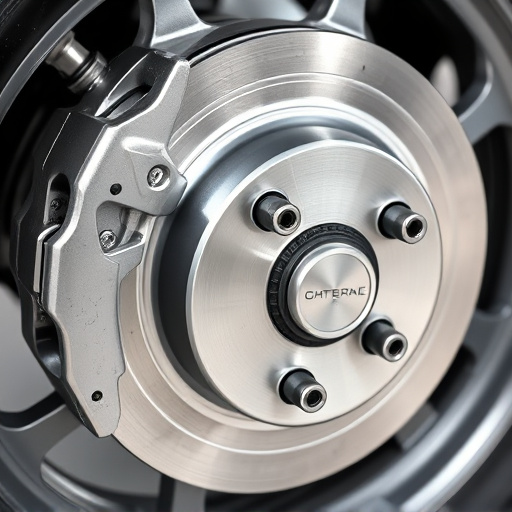
When it comes to automotive parts, Original Equipment Manufacturer (OEM) parts are those specifically designed and produced by the vehicle manufacturer. For catalytic converters, OEM components are integral to a car’s emissions control system, ensuring that the vehicle meets environmental standards while maintaining optimal performance. These parts are crafted to fit perfectly with the vehicle’s air intake systems and engine configuration, directly contributing to overall vehicle performance.
Using OEM parts guarantees compatibility and reliability, as they are engineered to work seamlessly with other components in your car. Unlike universal catalytic converters, which are a one-size-fits-all approach, OEM parts are tailored for specific makes and models, ensuring precise control over exhaust flow and efficient conversion of harmful gases into less toxic byproducts. This attention to detail can be crucial for maintaining the efficiency of performance air filters and overall vehicle health.
Key Differences and Considerations
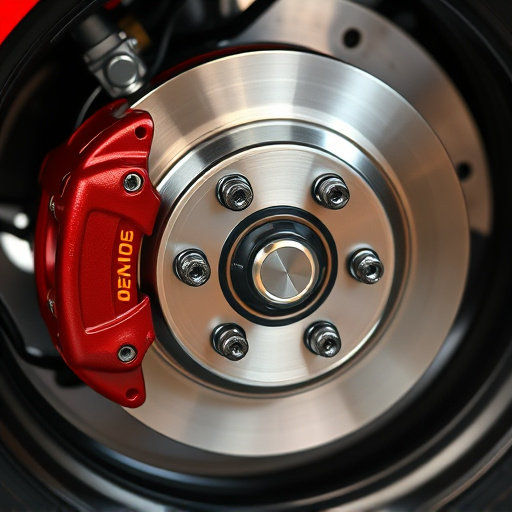
When comparing a universal catalytic converter to OEM (Original Equipment Manufacturer) parts, several key differences emerge that can significantly impact your vehicle’s performance and longevity. Universal converters, often considered a more affordable option, are designed to fit a wide range of vehicles. They offer convenience by being one-size-fits-most, but may not provide the same level of customization and precision as OEM parts.
OEM catalytic converters, on the other hand, are specifically engineered for your vehicle’s make and model, ensuring optimal performance and compatibility with existing brake components and exhaust systems. While they usually come at a higher cost, these parts offer enhanced efficiency, better gas mileage, and improved performance brakes due to their tailored design. Consider the specific needs of your vehicle, focusing on factors like fit, quality, and potential enhancements to your performance exhaust system when making your choice between universal and OEM converters.
When deciding between a universal catalytic converter and OEM parts, understanding the key differences is essential. Universal converters offer flexibility and cost-effectiveness, while OEM parts ensure compatibility and superior performance. In terms of maintenance and long-term efficiency, each has its advantages. For those seeking a reliable and affordable solution, universal converters are a great option. However, for optimal vehicle performance and longevity, especially in stricter emission regions, using OEM parts is recommended. Remember that the choice ultimately depends on individual needs and preferences.



